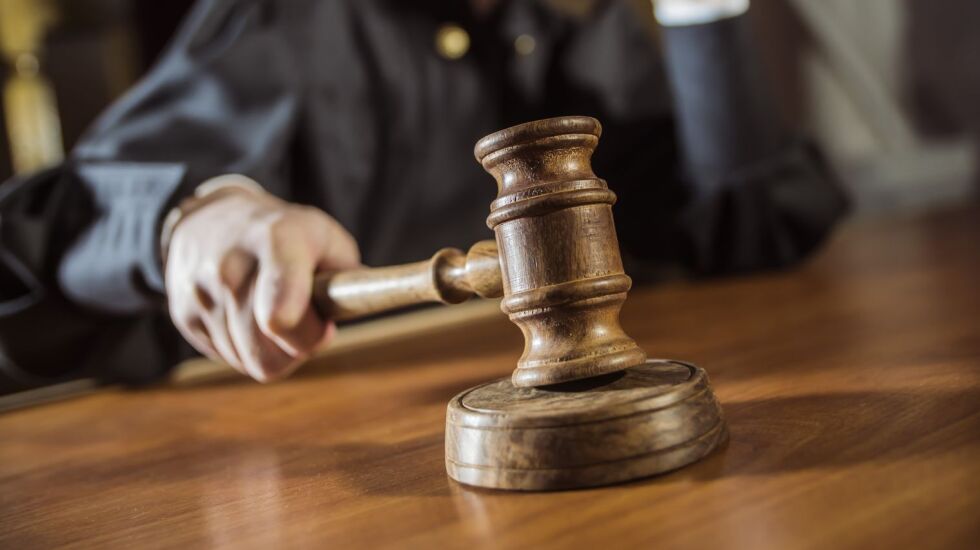
It won’t be until spring, at the earliest, before the Illinois Supreme Court rules on whether cash bail can be eliminated across the state.
The court has scheduled oral arguments for March on legal challenges to the landmark criminal justice reform. The schedule does not give a date for the justices to issue a ruling.
Elimination of cash bail was written into law as the Pretrial Fairness Act, the most controversial provision of the state’s widely scrutinized and criticized SAFE-T Act. It was to go into effect Jan. 1 but a Kankakee County judge sided with authorities in 64 counties and found it unconstitutional at the end of last month.
Chief Judge Thomas Cunnington wrote that “the appropriateness of bail rests with the authority of the court and may not be determined by legislative fiat.”
Illinois Attorney General Kwame Raoul immediately appealed to the Illinois Supreme Court to overturn Cunnington’s decision, which would only have affected counties that brought the suit.
Last Saturday, the Supreme Court ordered that the bail law would not go into effect while it heard the appeal. The justices have requested filings from all parties this month and next.
The bail reforms are just one part of the SAFE-T Act, a wide-ranging set of criminal justice reform measures signed into a law last year, some of which have already taken effect.
Other measures include requiring all police departments to equip officers with body-worn cameras by 2025, expanding services for victims of crimes and changing how people who are incarcerated are counted for redistricting maps.
But eliminating cash bail proved to be the most controversial piece. If it had taken effect, the Pretrial Fairness Act would have made Illinois the first U.S. state to completely eliminate cash bail.
Under the reforms, judges would no longer be able to set a monetary bail that a person charged with a crime could post to be released while their case was pending, a system that critics of cash bail say is inherently unfair and a risk to public safety.
Judges would continue to be tasked with evaluating whether the defendant is a public threat or a flight risk and either order them released with conditions specified by the court or detained in jail.
While supporters say it would make the justice system more equitable, opponents claim it could leave more dangerous people on the street.
Throughout this past election season, Republicans pounced on the Democratic-written SAFE-T Act and bail abolition, aiming to paint liberal opponents as soft on crime.
According to data from other jurisdictions that have already largely eliminated cash bail, defendants have continued to show up for their court dates at a high rate and largely haven’t picked up new charges while on release. Studies also appear to show that the elimination of cash bail does not have a significant impact on crime overall.







